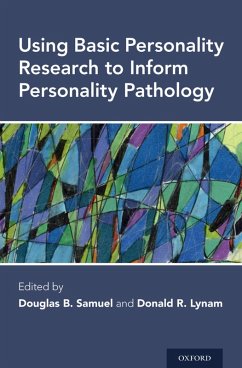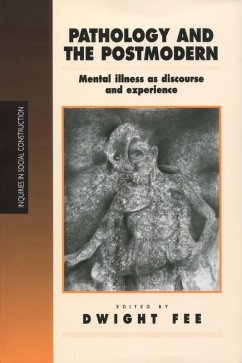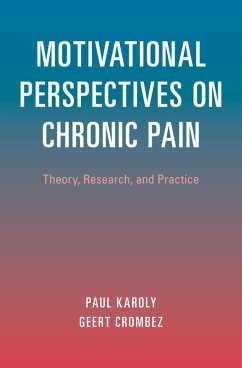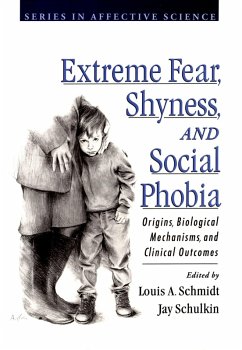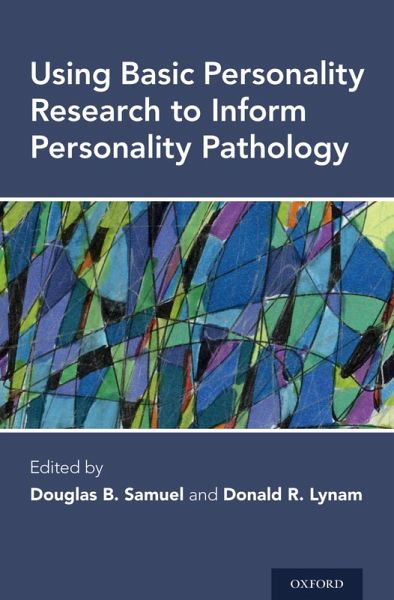
Using Basic Personality Research to Inform Personality Pathology (eBook, PDF)
Versandkostenfrei!
Sofort per Download lieferbar
31,95 €
inkl. MwSt.
Weitere Ausgaben:

PAYBACK Punkte
16 °P sammeln!
Personality pathology, which is characterized by a pervasive, maladaptive, and inflexible pattern of thoughts, emotions, and behaviors, has long been considered a set of categories that are distinct from each other and from "normal" personality. Research over the past three decades, however, has challenged that assumed separation, and instead suggests that abnormal personality is merely a maladaptive extension of the same features that describe the personalities of all humans. Using Basic Personality Research to Inform the Personality Disorders will present the work of prominent thinkers at th...
Personality pathology, which is characterized by a pervasive, maladaptive, and inflexible pattern of thoughts, emotions, and behaviors, has long been considered a set of categories that are distinct from each other and from "normal" personality. Research over the past three decades, however, has challenged that assumed separation, and instead suggests that abnormal personality is merely a maladaptive extension of the same features that describe the personalities of all humans. Using Basic Personality Research to Inform the Personality Disorders will present the work of prominent thinkers at the intersections of social, personality, developmental, and clinical psychology to consider theoretical and empirical issues relevant to how basic personality research can inform the scientific understanding of personality pathology. Surveying cutting-edge research on the science of basic personality and demonstrating how these ideas and methods can be applied to the conceptualization of pathology, the book first provides a historical overview, followed by an account of the current state of the personality disorder literature. Ensuing chapters highlight critical issues in the assessment and conceptualization of personality, its development across the life course, and biological underpinnings. These chapters are valuable primers on the basic science of personality, from specific genes to complex social interactions. Furthermore, each chapter aims not only to elucidate current understandings of personality, but to demonstrate its direct application to clinical diagnosis and conceptualization. Using Basic Personality Research to Inform the Personality Disorders is the first edited volume to present such diverse perspectives across biological, developmental, clinical, and social psychology from leading researchers in basic and disordered personality, and will be of interest to a broad range of students, scientists, and practitioners.
Dieser Download kann aus rechtlichen Gründen nur mit Rechnungsadresse in A, B, BG, CY, CZ, D, DK, EW, E, FIN, F, GR, HR, H, IRL, I, LT, L, LR, M, NL, PL, P, R, S, SLO, SK ausgeliefert werden.




